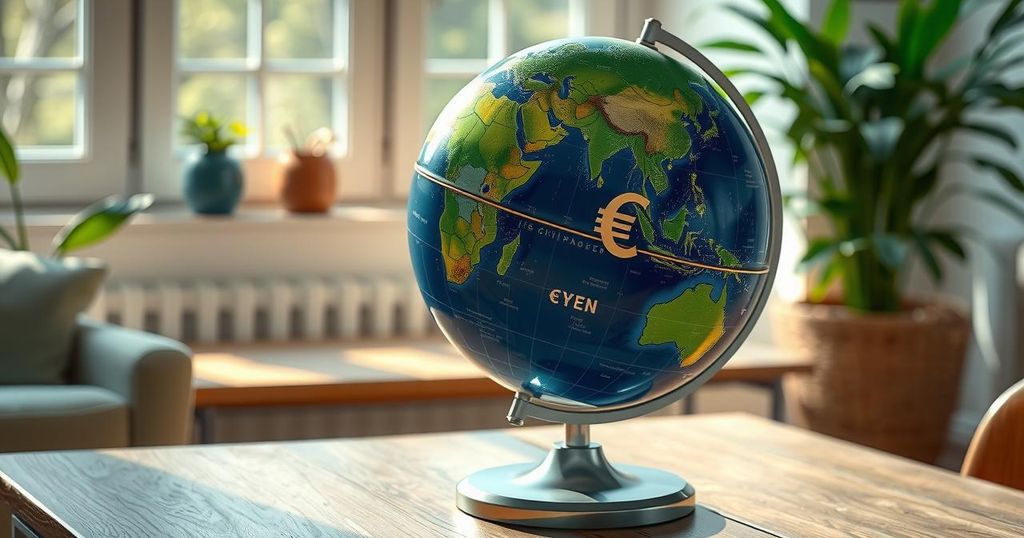The European Union has pledged a €4.7 billion ($5.10 billion) investment in South Africa, aiming to strengthen ties as US relations worsen. This move coincides with South Africa’s G20 presidency and reflects a commitment to mutual economic growth and support for a low carbon transition.
European Union leaders have announced a substantial investment package amounting to 4.7 billion euros (approximately $5.10 billion) during their visit to South Africa on March 13, 2025. This initiative comes at a time when relations with the United States are strained, offering an opportunity to reinforce connections with South Africa, the continent’s most developed economy, coinciding with its presidency of the Group of 20 nations.
The backdrop of the EU’s visit includes US President Donald Trump’s pivot towards Russia amidst the ongoing Ukraine conflict, which has unsettled European leaders. South Africa’s reluctance to publicly condemn Russian President Vladimir Putin’s actions has contributed to this diplomatic chill. Additionally, the US has criticized European policies regarding far-right movements and has reduced aid to South Africa concerning historical land injustices.
European Commission President Ursula von der Leyen emphasized the importance of South Africa’s role in global affairs, highlighting the necessity to bolster the partnership amid rising geopolitical tensions. She expressed Europe’s commitment to supporting South Africa’s economic development, particularly in sectors like clean hydrogen, which utilizes the country’s natural resources and renewable energy capabilities.
President Cyril Ramaphosa expressed South Africa’s desire for collaboration with Europe in achieving a low carbon economy and bolstering industrial growth. He underscored the importance of developing relationships based on mutual benefit between Africa and the European Union, especially during a time of increasing nationalism.
In conclusion, the European Union’s investment package to South Africa reflects a strategic shift in fostering stronger ties amid deteriorating relations with the United States. Both parties recognize the potential for collaborative economic growth, especially in clean energy sectors, while emphasizing a partnership based on mutual benefits amid rising global challenges.
Original Source: www.zawya.com






